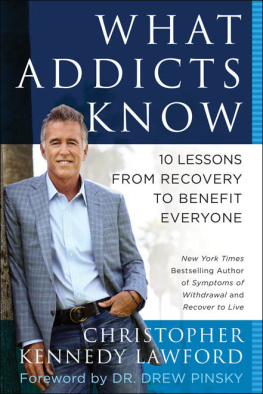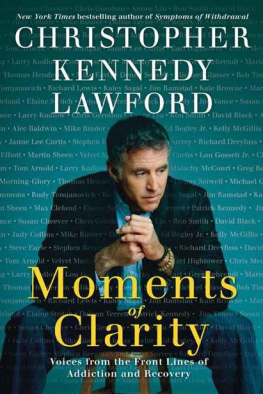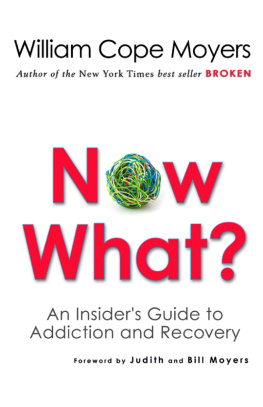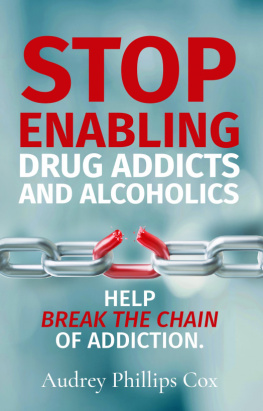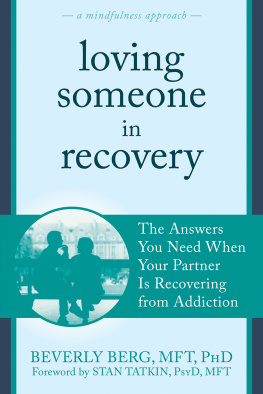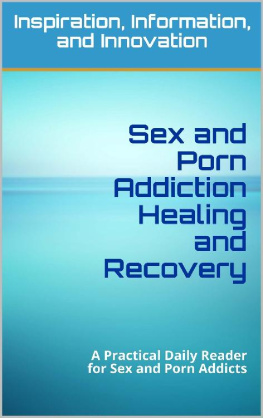Tony Dokoupil. Is the Web Driving Us Mad? Newsweek. July 9, 2012.
Simon Kyaga et al., Mental illness, suicide and creativity: 40-year prospective total population study. J. Psychiatr Res. (E-pub) Oct. 9, 2012.
Jordi Quoidbach et al., The End of History Illusion, Science 339 (Jan 2013): 968, doi:10.1126/science.1229294.
Daniel T. Gilbert and Timothy D. Wilson, Miswanting: Some problems in the forecasting of future affective states, Feeling and Thinking: The Role of Affect in Social Cognition, (New York, NY: Cambridge University Press, 2000), pp. 17897.
Jens C. Pruessner et al., Effects of self-esteem on age-related changes in cognition and the regulation of the hypothalamic-pituitary-adrenal axis, Annals of the New York Academy of Sciences 1032 (Dec 2004): 18690, doi:10.1196/annals.1314.017.
Jens C. Pruessner et al., Self-esteem, locus of control, hippocampal volume, and Cortisol regulation in young and old adulthood, NeuroImage 28 (Dec 2005): 81526, doi: 10.1016/j.neuroimage.2005.06.014.
Erin M. Shackell and Lionel G. Standing, Mind over matter: mental training increases physical strength, North American Journal of Psychology 9, no. 1 (2007): 189200.
Alia J. Crum and Ellen J. Langer, Mind-set matters: exercise and the placebo effect, Psychological Science 18 (Feb 2007): 16571, doi:10.1111/j.l467-9280.2007.01867.x.
JH Fowler and NA Chistakis. Dynamic spread of happiness in a large social network: longitudinal analysis over 20 years in the Farmingham Heart Study. BMJ (Dec.4,2008): 337; a2338.
EE DeVito et al., A preliminary study of the neural effects of behavioral therapy for substance use disorders. Drug Alcohol Depend. (May 1, 2012): 122(3): 22835.
Fiona Jones et al., Adherence to an exercise prescription scheme: the role of expectations, self-efficacy, stage of change and psychological well-being, British Journal of Health Psychology 10 (Sep 2005): 35978, doi: 10.1348/135910704X24798.
Kathryn Trottier et al., Effects of resolving to change ones own behavior: expectations vs. experience, Behavior Therapy 40 (June 2009): 16470, doi: 10.1016/j. beth.2008.05.004.
Tali Sharot et al., How Dopamine Enhances an Optimism Bias in Humans, Current Biology 22 (July 2012): 147781, doi: 10.1016/j.cub.2012.05.053.
Mahvash Shahidi et al., Laughter yoga versus group exercise program in elderly depressed women: a randomized controlled trial, International Journal of Geriatric Psychiatry 27 (March 2011): 3227, doi: 10.1002/gps.2545.
Ann Baldwin et al., Effect of laughter yoga on mood and heart rate variability in patients awaiting organ transplantation: a pilot study, Alternative Therapies in Health and Medicine 18 (Sep 2012): 616.
Robin I. M. Dunbar et al., Performance of music elevates pain threshold and positive affect: implications for the evolutionary function of music, Evolutionary Psychology 10, no. 4 (2012): 688702.
Vinod Kochupillai et al., Effect of rhythmic breathing (Sudarshan Kriya and Pranayam) on immune functions and tobacco addiction, Annals of the New York Academy of Sciences 1056 (Nov 2005): 24252, doi: 10.1196/annals. 1352.039.
Alla Khodorova et al., Endothelin-B receptor activation triggers an endogenous analgesic cascade at sites of peripheral injury, Nature Medicine 9 (Aug 2003): 105561, doi:10.1038/nm885.
Kristin D. Neff et al., An examination of self-compassion in relation to positive psychological functioning and personality traits, Journal of Research in Personality 41 (Aug 2007): 90816, doi: 10.1016/j.jrp.2006.08.002.
Claire E. Adams and Mark R. Leary, Promoting self-compassionate attitudes toward eating among restrictive and guilty eaters, Journal of Social and Clinical Psychology 26, no. 10 (2007): 112044, doi: 10.1521/jscp.2007.26.10.1120.
in daily life, Journal of Personality and Social Psychology 84, no. 2 (Feb. 2003): 37789.
Kurt Gray and Daniel M. Wegner, Moral typecasting: divergent perceptions of moral agents and moral patients, Journal of Personality and Social Psychology 96 (March 2009): 50520, doi: 10.1037/a0013748.
Sebastian Kirschner and Michael Tomasello, Joint drumming: social context facilitates synchronization in preschool children, Journal of Experimental Child Psychology 102 (March 2009): 299314, doi: 10.1016/j.jecp.2008.07.005.
Sebastian Kirschner and Michael Tomasello, Joint music making promotes prosocial behavior in 4-year-old children, Evolution and Human Behavior 31 (Sep 2010): 35464, doi: 10.1016/j.evolhumbehav.2010.04.004.
PRAISE FOR WHAT ADDICTS KNOW
In this revealing and readable book, Christopher Lawford sets out 10 lessons of recoverydrawn from his own struggles and those of othersthat can help everyone enhance and enrich their lives.
JOSEPH A. CALIFANO, JR.,
founder of CASAColumbia, The National Center on Addiction and Substance Abuse at Columbia University
In a way, were all addictsaddicted to the fears and limitations of the world in which we live. By shedding light on the realities of recovery, Lawford sheds light on how anyone can best achieve the mindset of wisdom and inner peace.
MARIANNE WILLIAMSON,
New York Times bestselling author of The Age of Miracles and founder of The Peace Alliance
Not to be overlooked in the wisdom contained within is the acknowledgment of the enormous personal courage to bare all for all to benefit. To have had secrets and give them up into public view as markers on Lifes Highway, and to face degrading thoughts by thoughtless people, is far greater illustration of moral character than it sounds. Chris is Witness; he is authentic in his pain, insights, and desire to help.
RICHARD DREYFUSS, actor
The insights in What Addicts Know are unparalleled. Christopher Kennedy Lawford provides a unique perspective on the enlightening lessons gleaned from recovering addicts experiences. This is a book that will change the way we think about the wisdom of healing.
ED BEGLEY JR., actor
With his 10 lessons, Christopher Kennedy Lawford eloquently explores how the insights offered by recovering addicts can benefit individuals in any walk of life.
CHRIS MATTHEWS, host of MSNBCs
Hardball and author of Tip & the Gipper: When Politics Worked
Simply reading and seriously considering the list of 10 lessons at the beginning of this extraordinary book will move your life toward wholeness.
RICHARD CHAMBERLAIN, actor
Knowing is not enough; we must apply. Willing is not enough; we must do. Mr. Lawfords book offers such knowledge and we can all benefit from it.
JOHN LARROQUETTE, actor
As we learn from Christopher Kennedy Lawford, What Addicts Know is a lot. We would never wish addiction on someone we love, but Lawford shows us that those in recovery from addiction have gone through the eye of a needle. It happens to those of us whose loved one is addicted, too. When the addicted come out the other side, they appreciate life in a new way. They never take for granted those they love. They are empowered to reach goals they never thought they could attain. They can lead full lives free from the pain that plagued them and the disease that controlled them. Addicts families change, too. In What Addicts Know, not only does Christopher Kennedy Lawford help us to heal, but to thrive. As he has consistently, Lawford blazes new trails, guiding and inspiring us.
DAVID SHEFF, New York Times bestselling author of Beautiful Boy: A Fathers Journey Through His Sons Addiction
I am thrilled by the way my cousin, Chris, communicates the very essence of recovery and its benefits. For me and millions of others in recovery, he reignites the magic of self-knowledge and self-sacrifice, echoing our uncles admonition to ask what we can do, not what others can do for us. He also offers the hope and some of the tools we need to melt away stigma and discrimination, and emerge as a greater caring community.
Next page
